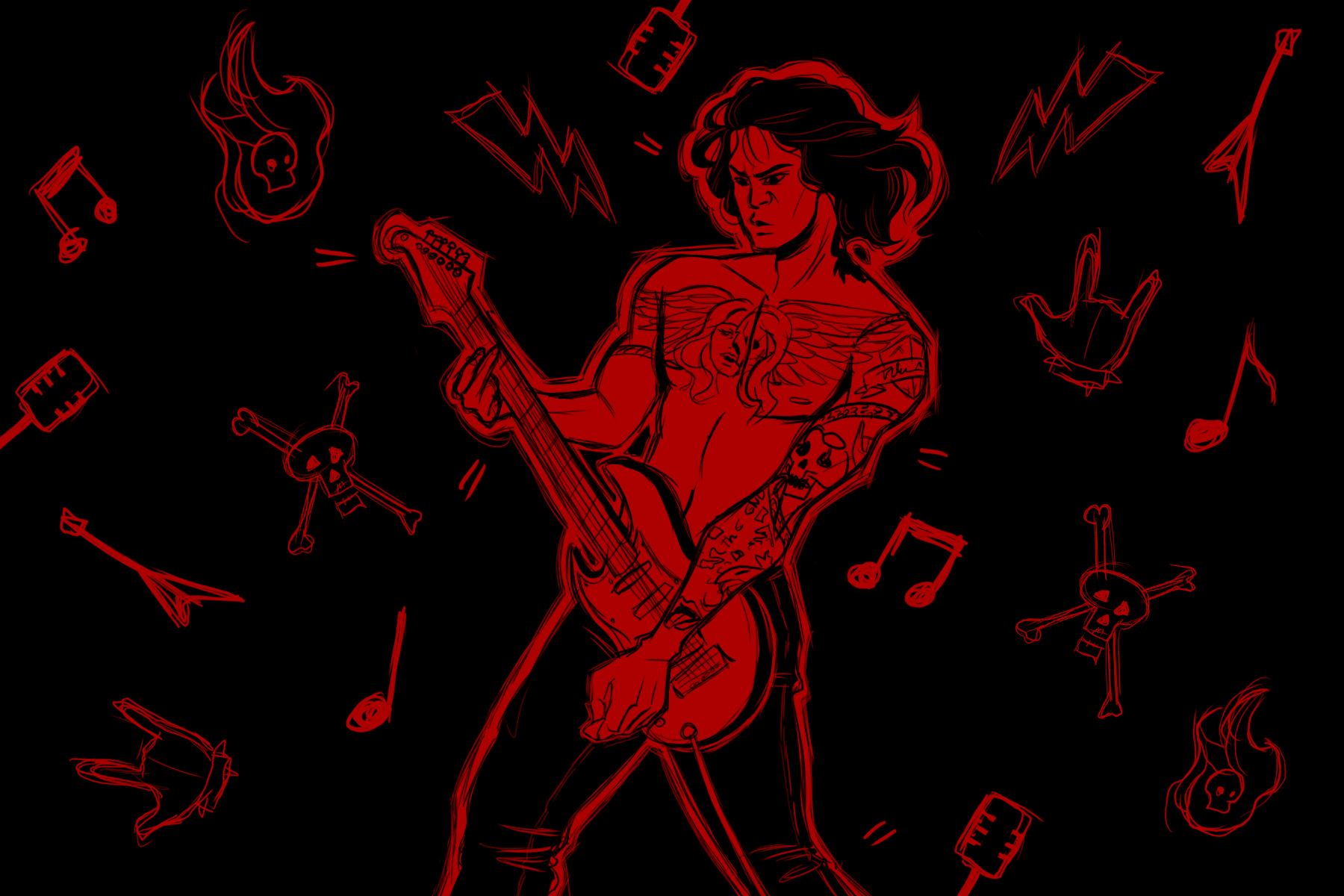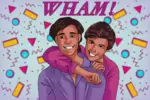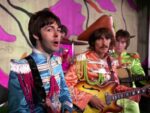Rock ‘n’ roll is dead and gone — at least in the opinion of some influential figures in the music industry. It seems like the genre that once ruled over radio got kicked to the curb in favor of newer, more modern styles. In a 2018 interview, Maroon 5 lead singer Adam Levine — who ironically found huge success with his hit song “Moves Like Jagger” — agreed with such claims: “Rock music is nowhere, really. I don’t know where it is. If it’s around, no one’s invited me to the party.”
Instead, Levine claims that hip-hop usurped rock ‘n’ roll’s throne. “All of the innovation and the incredible things happening in music are in hip-hop. It’s better than everything else. Hip-hop is weird and avant-garde and flawed and real, and that’s why people love it.” In contrast to the novelty happening in hip-hop, many people consider rock music to be in a state of arrested development, stagnating in the early 2000s as the grunge movement began to die down.
Not everyone has given up hope, though. One person who disagrees with Levine’s statement is rock ‘n’ roll legend Alice Cooper. After hearing Levine’s opinion that rock music is dead and gone, Cooper responded with a question: “Why are teenagers buying records? … They’re buying vinyl, and they’re buying turntables. I think that’s right there an indication that there’s kids right now in garages all over the world learning Aerosmith and Ozzy and Alice—they’re learning those songs. Because rock and roll is just too much fun to let die.”
Cooper’s objection that rock ‘n’ roll lives on is optimistic, but it’s undeniable that popular music today bears no resemblance to what it was when rock was at its biggest. The genre was historically dominated by four-piece bands, usually made up exclusively of men, with loud guitars and heavy drums. This brand of rock used to play on every radio station and record player around, but in the age of hip-hop, lo-fi and other forms of electronic music, it’s nowhere to be heard. If Cooper is right about the survival of rock music, it’s clear that it lives on in a different way.
One of the main reasons that people think rock music finally reached its end is due to the decrease in the number of bands currently making popular music. The structure of the band used to be a huge part of rock ‘n’ roll, and the Beatles are a perfect example. When you attended a Beatles concert, you didn’t just go for the music. You went for the experience of seeing Lennon, McCartney, Harrison and Starr on the stage. Together, they were regarded as gods. Separately, it’s a different story. Despite the immense fame acquired by the Beatles, none of the band members could achieve that level of notoriety in their solo careers. They each found varying levels of success on their own, but the band is what really drew people in.
Over the past 10 years, solo artists emerged as the preferred type of musician. Meanwhile, the bands that were once so integral to rock music gain less and less popularity. Adam Levine cited the change as a sign that rock is done: “It’s funny, when the first Maroon 5 album came out there were still other bands. I feel like there aren’t any bands anymore, you know? That’s the thing that makes me kind of sad.”
As important as the image of the rock band once was to the genre, the rules of rock are not written in stone. At the end of the day, a band doesn’t make great music: Creative musicians do. But because bands occupied a critical role in the heyday of classic rock decades ago, people started associating that structure with the music itself.
The statement that rock music is dead does hold some truth. In many ways, classic rock ‘n’ roll is burning out; it’s unlikely that another group like Led Zeppelin or the Rolling Stones will climb the charts. But it might be more accurate to say that rock isn’t dead. It’s just taken another form. The formula of vocals, guitar, bass and drums worked well for rock music in the beginning, but many modern artists now see it as a jumping-off point. Instead of using a precise algorithm for what rock music should sound like, contemporary artists think outside the box and branch into different styles.
Some of today’s biggest stars find inspiration from rock ‘n’ roll and blend it with more modern kinds of music. Willow Smith famously channeled the influence of her mom, Jada Pinkett Smith of Wicked Wisdom, in her most recent single, “Transparent Soul.” Similarly, Miley Cyrus’ 2020 album, “Plastic Hearts,” featured Billy Idol, Joan Jett and Stevie Nicks, along with several covers of classic rock songs. And, despite Levine’s apparent belief that rock ‘n’ roll is a thing of the past, Maroon 5’s most recent album, “Jordi,” which was released on June 11, actually featured Stevie Nicks as well. Even those who no longer believe in rock music are inspired by the artists that helped popularize the genre.
While this new version of rock music may shock some old-school fans, it’s a natural progression from what rock used to be. Rock music is, and always has been, about expression. In a new world, rock musicians found new ways to express themselves. If the evolution of rock shows us anything, it’s that the narrow constraints that once defined the genre are the only thing becoming obsolete. Rock isn’t about formulas, and it doesn’t exist within a box. Even though the song hasn’t exactly remained the same, the spirit of rock ‘n’ roll is very much alive and well.

















